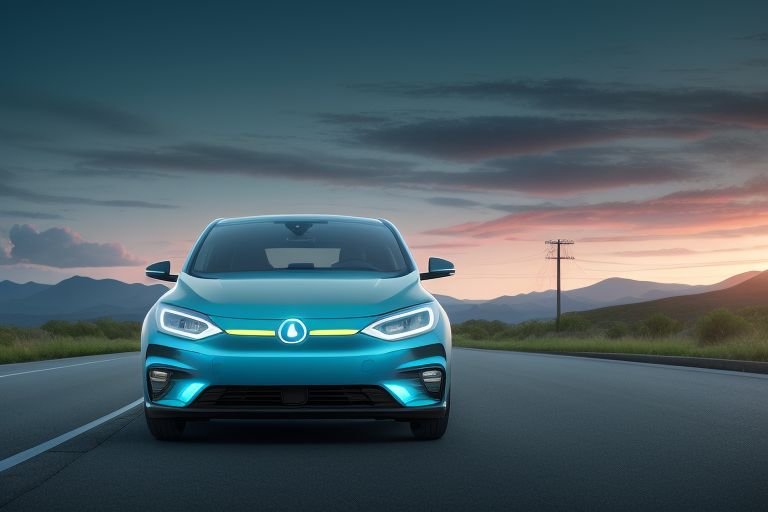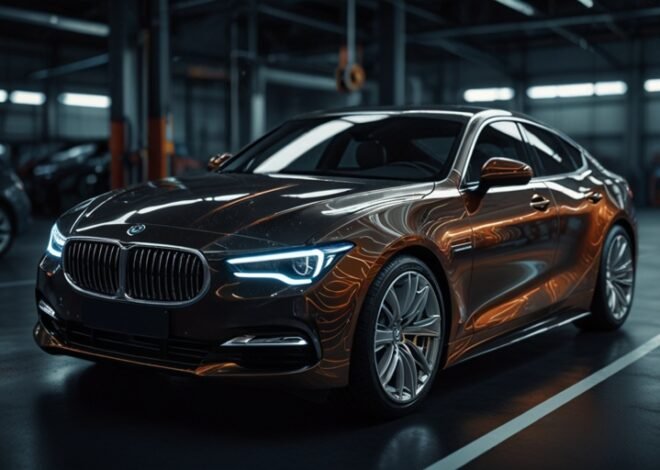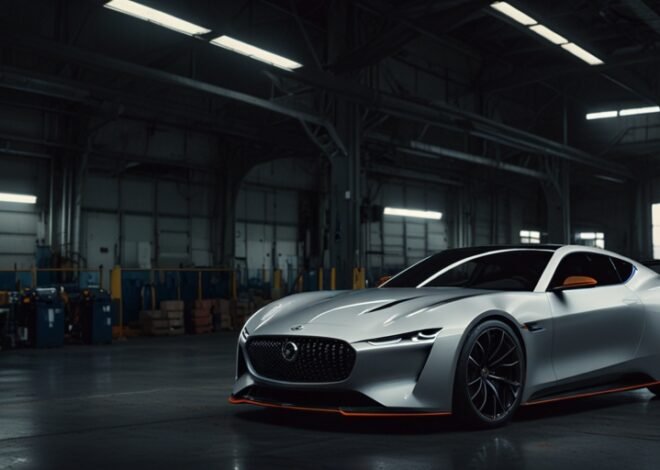
Global Demand for Electric Vehicles Soars
The international automotive industry is currently experiencing a massive transition to EVs as different countries’ administrations increase climate change mitigation actions. The latest data from various markets reveals an excellent trend of increased EV sales and, therefore, a rise in demand for such technology.
In Europe, electric vehicle sales have grown to their highest level and the sales figures of new automobiles have doubled in some countries to the previous year. Still, Norway remains in front where EVs make up more than 80% of new car sales in the country. This adoption of electric vehicles has especially been catalysed by incentives provided by the Norwegian government such as tax exemptions and free parking zones.
The global’s largest automotive market – China has also experienced a very steep rise in electric vehicle sales. Besides, the increasing demand for new energy vehicles alongside the stringent emission standards of the country’s vehicles has triggered the production and consumption of electric cars. Chinese car makers including BYD and NIO have gained significant market share in the Chinese market as they begin penetrating global markets and competing with age-old brands.
In the United States, the commitment of the Biden administration into the electrification has boosted the EV market greatly. The latest called Inflation Reduction Act signed into law recently includes massive incentives for buying electric vehicles through tax credits for enhancing the market even more. Bigger American car manufacturers such as General Motors and Ford have laid down lofty goals for electrification of their cars and have committed billions of dollars toward electric vehicle manufacturing.
Concerning the subject, it should be noted that growth in the sale of electric vehicles is not only observed in the category of passenger cars. Another area that is also showing signs of taking up electrification is the commercial segment with many businesses starting to switch the fleets to electrical automobiles. Companies that offer delivery services such as Amazon and FedEx have formed massive contracts for electric vans and trucks because of the eco-friendly nature and cost-effectiveness in the long run.
However, the expansion of the EV market is not without issues as is discussed below This is mainly because Whereas the adoption of EVs presents certain benefits, the market expansion is not without its drawbacks as will be discussed below. The issue of chip shortage has persisted and this, therefore, means that many of these popular electric models may take longer to be produced. Further, the lack of adequate number of charging points still poses a concern to potential customers primarily those in areas where the uptake of electric cars is still low.
However, there are not inevitable to come across some obstacles that hinder the development of electric vehicles still, the reaction of experts of automotive industry is still positive. The improvement in the batteries in the EV continues to raise the capacity and at the same time reduce the cost. Experts believe that electric cars will achieve the same cost as the traditional ICE vehicle in the next few years thus enhancing their usage.
As we move forward electric vehicles continue to dominate the automotive industry and traditional car makers are pushing to compete with the likes of Tesla that only builds electric cars. This competition is really very healthy and useful as it is introducing all types of electric vehicles to the market according to consumers’ trends and requirements.
The transition to Electric Vehicles is happening not just in auto industry but it will transform industries which are related also. There is high demand for lithium, cobalt and other materials that is used in EV batteries, this makes there to be more mining activities to be carried out hence more research on other types of batteries to be developed.
Therefore, the increase in sales of electric vehicles worldwide is considered as a turning point in automotive industry. Today, global governments, manufacturers, and customers are embracing the electricity revolution for the automotive market, and switching to electric automobiles may become the new normal in the next few years as it will redefine automobile usage and requirement.


